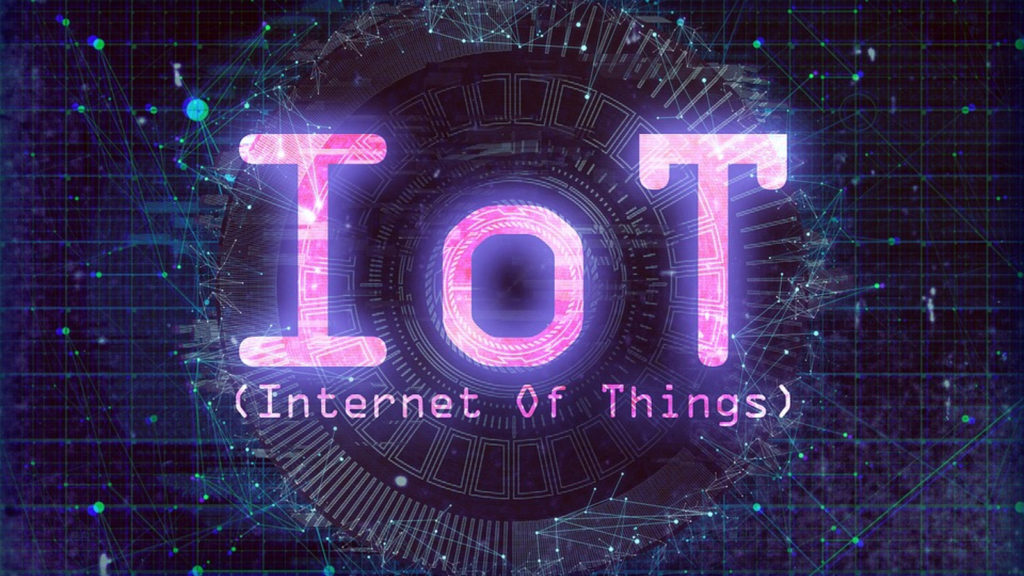Despite several obstacles impacting the growth of South Africa’s burgeoning Internet of Things (IoT) landscape, it is now reaching a tipping point as more projects shift from pilot phases to full-scale deployments. In fact, the Covid-19 pandemic has pushed business towards IoT, artificial intelligence, machine learning, automation, and the cloud.
This is the view of Jeremy Potgieter, executive member of the IoT Industry Council of South Africa (IOTIC). He believes this shift is accelerating digital transformation in the country and creating an increased focus on projects that allow organisations to improve efficiencies, reduce costs and drive return on investment.
No ad to show here.
“There is a clear change in digital direction taking place and this is seeing an acceleration in IoT projects as well as a commitment to ensuring that these projects achieve their full potential,” he adds.
“However, the local IoT manufacturer landscape is largely non-existent which has resulted in a huge dependency on imports and parts. There are a few outliers in this field that has, thanks to international funding, broken some ground, but not to the extent of making a notable impact.”
Potgieter believes there has to be a greater effort by both the private and public sectors to drive the local production of components, parts, and solutions. This is because legacy systems are starting to reach their end of life means the move to digital is inevitable and, for those paying attention, profitable.
AI presents opportunity for change
As enterprises continue to centre automation, AI, and service optimisation to increase revenue and diversify market opportunities, they need IoT platforms and services that will make them, and their customers’ lives easier. This presents an ideal opportunity for future-focused change.
“There are several market factors influencing this,” says Potgieter.
“E-commerce platforms are rapidly increasing due to the ease of shopping and growing smartphone penetration in the market, and this is going to have a knock-on impact on the IoT market. There is a growing need for data analysis and the integration of analytics as well, both set to drive the use of IoT in the country and business potential.”
Another plus in the local column is, of course, the fact that South African IoT manufacturers are exceedingly innovative in their approaches due to the complex situation in the country. The unique problems faced by South Africa make this the perfect breeding ground for new and exciting home-grown IoT solutions. The challenge is to overcome some of the misconceptions that are impacting IoT development and innovation.
“We believe that this is the right time to release a definitive handbook of best practices and standards as this will overcome misconceptions around what defines IoT success and drive greater adoption,” says Potgieter.
“We believe that vendors, solution providers, service providers and the market as a whole need to come together to drive IoT adoption across multiple disciplines and to do so we need education and better information.”
ALSO READ: Retailers using AI must tread lightly with privacy laws
